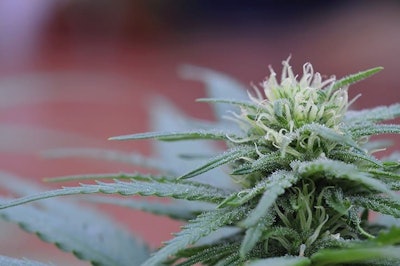
Miravision | Adobe Stock
California regulators have released proposed rules for the OCal Program, a statewide certification program focused on comparable-to-organic standards for cannabis.
Managed by the California Department of Food and Agriculture (CDFA), the OCal Program will allow cannabis products that meet consistent, uniform standards comparable to the National Organic Program to bear an OCal seal.
CDFA is required by state law to establish an organic certification program for cannabis by Jan. 1, 2021.
Public comment on the proposed regulations will be accepted through July 7, 2020. Comments may be submitted via email to [email protected] or by mail to:
California Department of Food and Agriculture
Attention: Kristi Armstrong
CalCannabis Cultivation Licensing Division
Proposed OCal Regulations
P.O. Box 942871
Sacramento, CA 94271
























